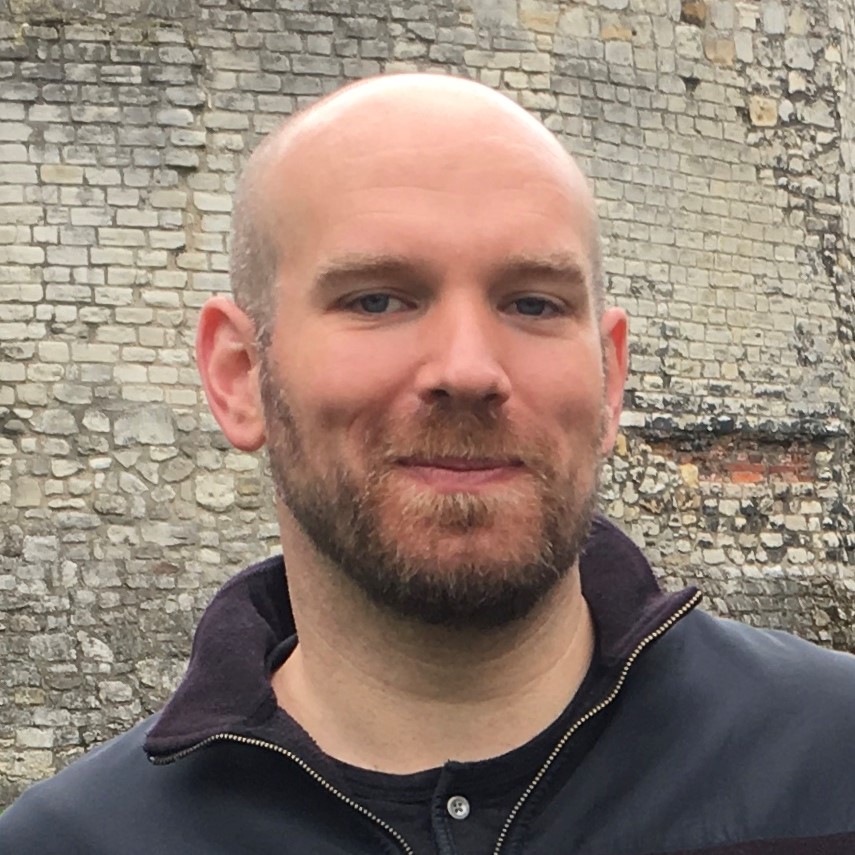Meet Our Alumni

Japanese History
PhD ’17
Where are you from? What brought you to Columbia?
I grew up in the United States, mainly in southern California. I applied to Columbia because it presented the chance to study both Japanese and World History in a robust manner (and because I was curious about the East Coast).
How did it feel when you passed your dissertation defense?
The sky above had never looked so blue.
How would you explain your research in 100 words or less?
My research inhabits the intersection of Japanese and world history in the sixteenth and seventeenth centuries. My dissertation explored early Tokugawa Japan’s attempts to establish direct trade across the Pacific with Spanish America. More recently, I’ve begun looking into the development of Japan’s mining and minting industries from the mid-sixteenth century onward.
How would you describe your experience as a PhD student in the EALAC department?
There were always more classes than I could hope to take, more talks than I could hope to attend. I gradually learned to chart my own, somewhat unconventional path (with study, research, and writing stints in Hawaii, Puerto Rico, and Vatican City, among others), and always found the department to be very supportive. I also enjoyed the company of a fabulous cohort of peers that sustained me across continents and through each stage of the journey.
What have you been up to since graduation?
I’ve been working as a postdoctoral fellow, first in Japan and now in the United Kingdom. I spent roughly eighteen months as a JSPS (Japan Society for the Promotion of Science) Fellow affiliated at the Historiographical Institute at Tokyo University. In summer 2019, I packed my bags to take up a post as a Research Associate at the Faculty of Asian and Middle Eastern Studies at the University of Cambridge.
What advice would you give to current or prospective PhD students?
Treat the program as a profession and treat yourself as a professional (even if you feel like you’re faking it some of the time).
What were your favorite ways to de-stress as a student? What was your favorite thing to do outside your research?
Basketball and beer, usually in that order. Also, Manhattan (and NYC) never stops rewarding exploration.
Give us a fun fact about yourself.
My first semester at Columbia, I lost a bet that I could wear sandals every day through Thanksgiving. California casual did not survive the winter.
If you could have any superpower what would it be?
I’ll steal an answer from an old friend. To be able to understand and reproduce all human languages.
What was your greatest success as a student?/ What has been your greatest loss? What did it teach you?
As a student, it was probably braving multiple archives (in multiple languages) in southern Europe that I didn’t anticipate visiting when I first decided to become a historian of Japan. As a person, as cliché as it sounds, my greatest success was the friends I made along the way. As for failures, it was probably never fully heeding my advice about professionalization above. This program, like any career, rewards you when you are proactive. Knock on doors. Schedule appointments. Look off the beaten path. As a whole, the program is an extended exercise in blazing your own intellectual and professional path, whether that leads to a career in academia or something else entirely. The program has guidelines and expectations (for good reason), but they serve as road signs. The choice of destination, passengers, detours, rest stops, etc. is yours.

